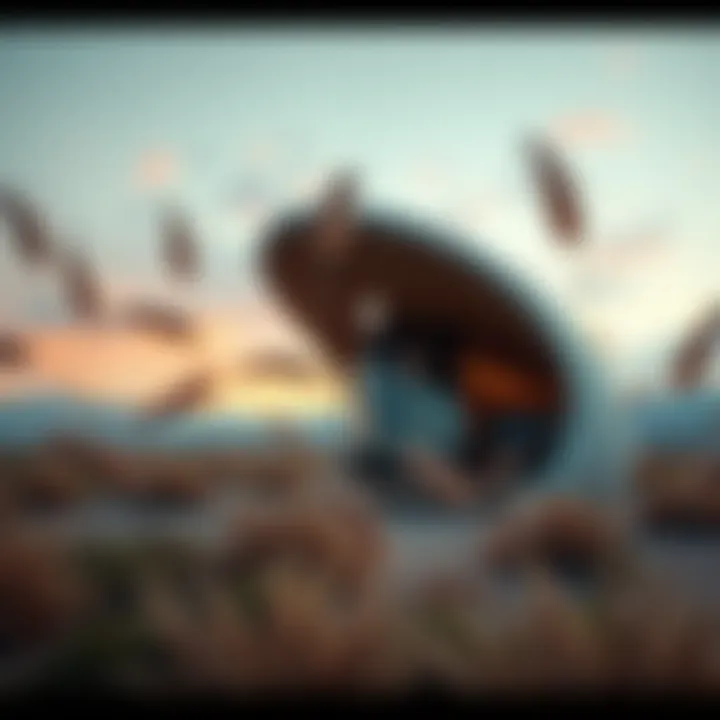ARC Tumbleweed Mimic Concept Sparks Mixed Reactions | Creativity Meets Controversy
Edited By
Marco Silva

A new concept for a Tumbleweed Mimic in the gaming world has ignited passionate discussions among players, with over 65 comments in less than 24 hours. Users express a bizarre mix of love and disdain for the idea, reflecting a wider debate on game design and creativity.
The Concept Breakdown
The proposed Tumbleweed Mimic aims to enhance gameplay by introducing a deceptive enemy that blends into the environment. As one user noted, “It’s actually genius,” highlighting its potential to add realism by mimicking Earth’s insects.
However, reactions diverge sharply. Another player quipped, “Easy there, Satan,” indicating they see the idea as over-the-top or unsettling.
Players grapple with the fear of surprise attacks in night raids, where such creatures may be lurking. One commenter pointed out, “Imagine this in a night raid,” underscoring the horror and tension that could enhance gameplay moments.
Themes in the Discussion
Fear and Tension: Users are worried that the mimic could jump-scare players unexpectedly, with one stating, "Both the best and the worst at the same time."
Creative Innovation: Many feel the concept embodies creativity, with some calling it “diabolical,” yet still “awesome.” A player emphasized the necessity of such elements, saying, “That would be quite funny.”
Community Division: While some embrace the concept, others oppose it. One user with a fiery sentiment dubbed it “evil,” while another chimed in with, “I fucking hate it, I already think the normal tumbleweeds are other people.”
"This is genius It just feels natural," remarked a supporter, capturing the essence behind the outrageous idea.
Sentiment Patterns
Feedback has been a mix of fascinated intrigue and outright rejection. Players simultaneously appreciate the ingenuity while recoiling at what it might mean for gameplay.
Key Insights
🟢 Many players hail it as a creative addition to the game, indicating an openness to new ideas.
🔴 Continual feedback suggests a split community; some wish to avoid monstrous surprises.
✨ “Make it rare enough that you forget about it but often enough it’s a real problem,” emphasized a player, highlighting a desire for balance in gameplay dynamics.
The ongoing discussion showcases a fundamental tension in gaming: the balance between creativity and the comfort of familiar gameplay. Will developers heed the call for risky design choices? Time will tell as community chatter evolves.
What Lies Ahead for the Tumbleweed Mimic?
Given the divide among players, there’s a strong chance developers will find a middle ground. Many players see the potential value in adding the Tumbleweed Mimic, but concerns around unexpected scares could lead to cautious implementation. Experts estimate around 70% of developers might adjust the frequency of encounters based on community feedback, possibly starting with rare appearances that gradually increase as players acclimate. Balancing gameplay with thrilling surprises will likely dominate discussions as studios assess whether to embrace innovative risks or retreat to safer designs.
A Parallel to the Changing Tide of Game Mechanics
Looking back to the era of survival horror games in the early 2000s, developers repeatedly faced backlash for using jump scares. Titles like "Resident Evil" sparked similar conversations about player comfort versus creativity. As fans clamored for innovative enemies, some developers took the plunge into psychological horror, ushering in more immersive experiences. Just as those pioneers embraced feedback and tailored their designs, today’s gaming world may reflect that journey as developers tackle the Tumbleweed Mimic dilemma, balancing innovation with the player's emotional response.
